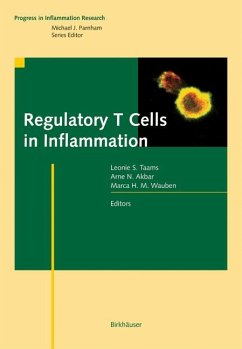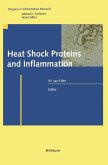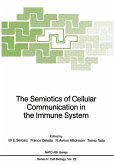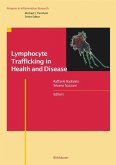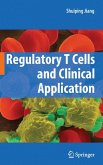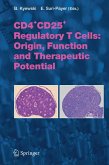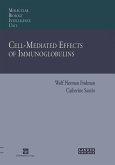Recent developments and viewpoints in the field of CD4+CD25+ regulatory T-cells as well as the potential use of regulatory T-cells in immunotherapy of inflammatory diseases are discussed in this volume. By linking data from experimental models with recent findings from the clinic, this book will be of interest to immunologists and other biomedical researchers as well as clinicians interested in the regulation and manipulation of the immune response during inflammatory disease.
Dieser Download kann aus rechtlichen Gründen nur mit Rechnungsadresse in A, B, BG, CY, CZ, D, DK, EW, E, FIN, F, GR, HR, H, IRL, I, LT, L, LR, M, NL, PL, P, R, S, SLO, SK ausgeliefert werden.
Hinweis: Dieser Artikel kann nur an eine deutsche Lieferadresse ausgeliefert werden.

